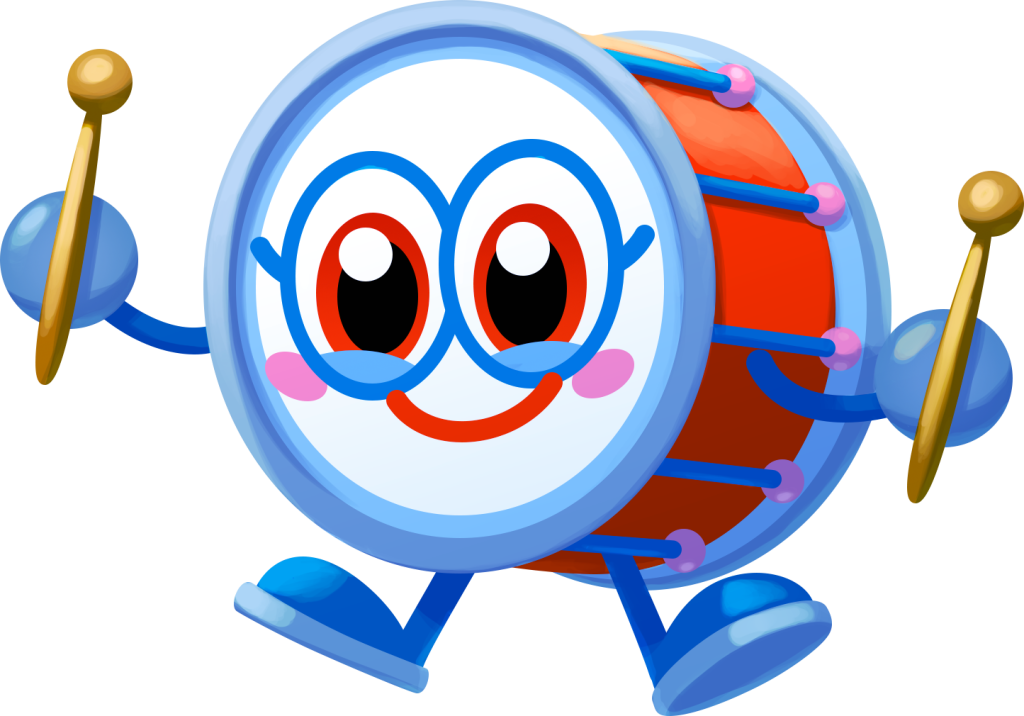What is healthy screen time?
Children have become “digital natives” meaning they have adopted technology into their everyday lives as a part of our ever-evolving world. Technology including tablets, phones, television, and computers will continue to evolve and it is important that we encourage children to use technology and secondly teach children how to use technology in a healthy way.
It might be helpful for parents to assess how screentime impacts their daily family life, by asking these few questions:
- How much screen time is my child/children having a day?
- Does screen time impact my child’s behavior?
- Does screen time interfere with family life?
- Does screen time interfere with your child’s sleep?
- Does screen time impact my child’s eating habits?
According to RCPCH children spend an average of 2.5 hours on a computer, 3 hours on a phone, and 2 hours watching TV daily. A review completed by RCPCH found that:
- Children with higher screen time tend to have a less healthy diet, a higher energy intake, and more pronounced indicators of obesity.
- Children with higher screen time, particularly over 2 hours per day, tend to have more depressive symptoms, although it has been found by some studies that some screen time is better for mental health than none at all. This is consistent with the philosophy at Moshi Kids where children find a safe space to engage with their favorite Moshi characters, yet it is limited and can be guided by parents.
A few tips to help create healthy screen time:
- Talk with your child and come up with a schedule for when they can have access to the screen and when they can not (for example: once you have finished your homework you can have 30 minutes on the device).
- Setting clear boundaries on the amount of time on the screen making sure your child also takes a break for movement!
- Important to limit screen time around bedtimes (approximately an hour before) in order to allow your child’s brain to calm and relax. This is why Moshi developed bedtime content to be audio-only.
- Parental control: parents should keep track of what their child is watching or doing.
- Remember that for younger children, face-to-face social interaction is vital to the development of language and other skills and the screen should not be a substitute for this unless absolutely necessary.
- When using the screen, parents use this time as a way to play with their child, a child loves to feel like their parent is taking an interest in what they’re doing. Being there and making comments will really help your child develop play and language skills.
- Model how you want your child to engage with screen time. Have a think about your screen usage as you are your child’s best learning tool! Children often mimic what their parent does.
- Mealtimes are a good opportunity to practice “screen-free” time to allow for social interactions between your family.
- Praising your child for respecting the boundaries around screen time and for when they are completing other activities including playing with toys, going for a walk, or doing their homework.
At Moshi, there is a strong understanding of the balance of healthy screen time for all children. Moshi strives to make sure that each child is using the screen as a space to relax, engage and find connections with the Moshi world.
